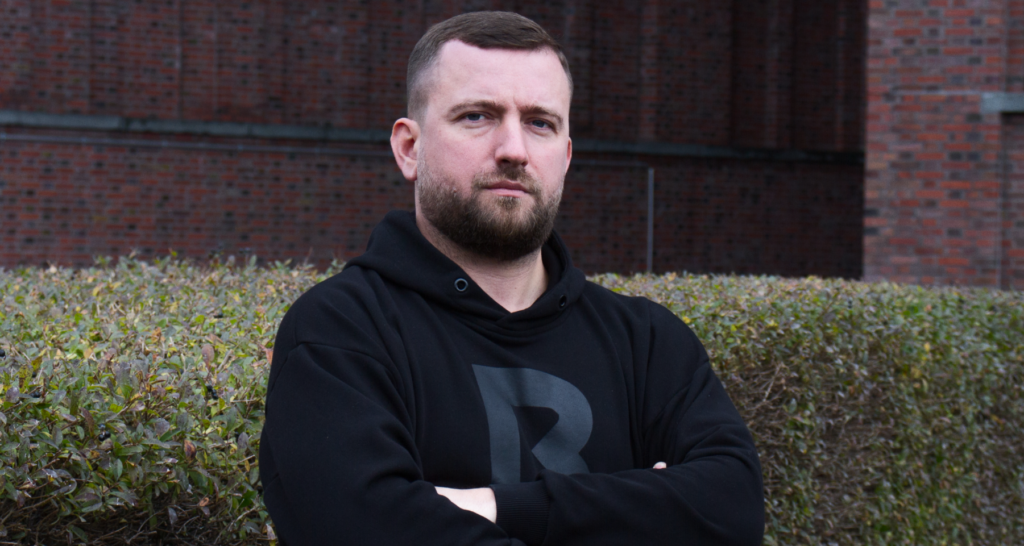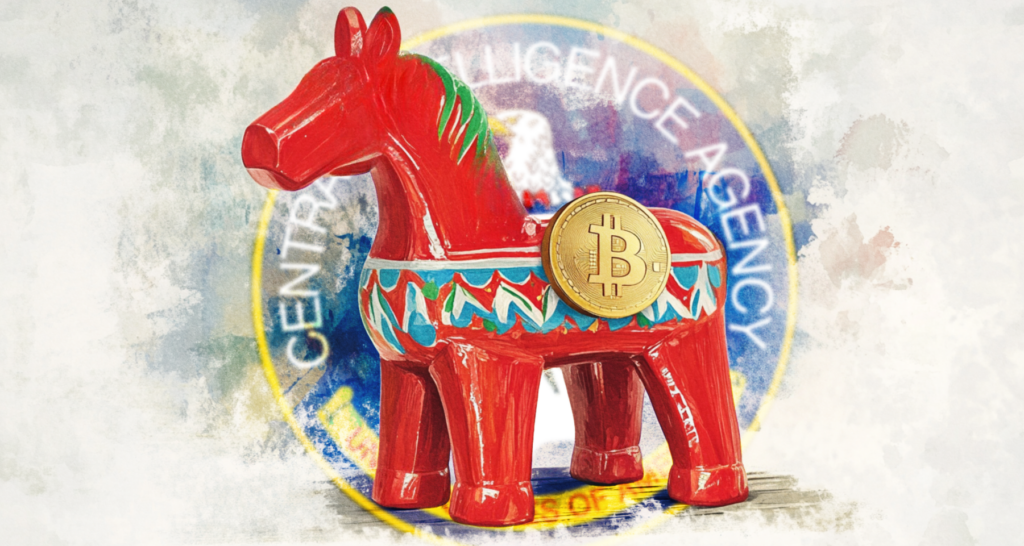Beyond SBF: Where is Celsius’ Mashinsky?

With the collapse of SVB and Silvergate Bank making headlines, it’s easy to forget about all the other companies that contribute to the bear market now and again. And it’s not just FTX.
On this page
The buzz around the collapse of SVB and Silvergate Bank may have eclipsed the saga around FTX and its former idiosyncratic CEO Sam Bankman-Fried (SBF) for the time being.
But that doesn’t mean the crypto space doesn’t feature other figures whose track records and doings are subject to scrutiny and extensive discussion.
Former Celsius CEO Alex Mashinsky is among them.
Today, he will be the focus of our article, where we will explore his path from “cradle to adulthood”, his self-reported fight against the establishment, and the pending lawsuit.
Born into communism, grew up under socialism, and is currently thriving under capitalism.
Mashinsky was born in Soviet Ukraine in the 1960s. According to him, his life back then was not exactly exuberant. Before leaving for Israel in the 1970s – the totalitarian USSR allowed certain Jewish nationals to leave the country – his family lived in a shack.
Per his records, he received a B.S. in Economics at Tel Aviv University in Israel (he also has a B.E. in Electrical Engineering) and began developing his business skills by buying confiscated goods from customs auctions at Tel Aviv's Ben Gurion airport and reselling them.
He traveled around many countries and pitched numerous schemes before moving to the US. There, he tried to import urea from Russia, sell Indonesian gold to Switzerland, and even broker poisonous sodium cyanide excavated in China for gold miners in the U.S.
It did not work out, so he moved into a partnership building voice-mail systems, paving the way for his entrance into the telecommunications business where he worked as a salesman while pitching his ideas to different companies before founding Voice Over Internet Protocol (VoIP)-focused companies like Voicesmart and Arbinet in the 1990s.
Dubbed a serial entrepreneur for all the seemingly right reasons, he sold his stake in Arbinet and founded GroundLink before moving on to other projects, such as Q-Wireless. The company is one of four companies forming Transit Wireless, a joint venture that installs mobile wireless communication and free Wi-Fi internet service in the New York City subway system.
“Banks are not your friends”
In the 1990s, he received a request from Jean Louis Bravard, the president of Arbinet, whereby the company’s management team demanded that he relinquish control of Arbinet immediately due to Alex’s “ability to destroy things.”
Yet, it is his career from 2014 onward that really brought to light Mashinsky’s personality to the fullest.
In June 2014, he joined the board of directors of Novatel.
However, just five months later, in October 2014, he was abruptly dismissed. According to Mashinsky, the decision was due to his refusal to move from New York City to San Diego. Even though the company never disclosed its version of the story. Meanwhile, The San Diego Union Tribune wrote at the time that “sometimes brash, he said in an interview in June that he didn’t join the company to babysit and wanted to turn Novatel into the top Internet of Things outfit in the industry.”
In 2016, a similar situation occurred when Mashinsky became Global CEO at RTX, a London-based financial technology firm in the telecom industry. Again, it needs to be clarified what happened and why he left the position after six months in the role. Yet, according to Mashinsky, he did so due to a dispute with management, though RTX Routetrader never confirmed this statement or explained the gist of this conflict.
Enter Celsius, which Mashinsky alongside Daniel Leon and Nuke Goldstein founded in 2017 as a “safe alternative to banks” that “want to lock you up.”
At first, the company made headlines by securing hefty investments. In March 2018, Celsius reportedly raised $50 million in its initial coin offering of the CEL token. In 2019, Celsius completed a $24 million equity round at a $140 million valuation.
Between 2020-2021, the company’s assets rose from $3.31 billion to $4.5 billion while Mashinsky, wearing a T-shirt with a sign that reads “Unbank yourself” (his other favorite includes “Banks are not your friends”), and his wife Kristina, who is well-known as Krissy, were making homemade videos of banks giving you a loan in exchange for handcuffing you.
Source: YouTube
In 2020, he did a publicity stunt, sharing a video of himself trying to pull a Chase sign from the wall of a bank branch on Park Avenue in Manhattan, saying, “This is how we take down banks.” “One Chase branch at a time.”
The theme was recurrent in most of his interviews, where he said that banks are no one’s friends, among other things, underscoring that Warren Buffett owns the largest share in behemoth banks like Wells Fargo while also lambasting competitors like Coinbase, whom he deemed to be “too traditional” because they allegedly gave more to Wall Street investors than to their customers.
The questionable Robinhood image
While Mashinsky attempts to appeal to Celians as a new financial Robinhood that is ready to save them from a corrupt banking system, the authenticity of this image is questionable if not corroborative.
Even though Mashinsky claimed in one of his interviews that he was not pretending to be poor, his family's exuberant lifestyle, for example, the $20 million Cel tokens he gifted Krissy in 2020, as well as his successful career in traditional economics, make his claims difficult to believe. Particularly in light of Celsius's collapse in July 2022. The result of this was that most users could not access their funds, and Mashinsky was allegedly able to cash out millions in advance. American authorities intend to use this as evidence that Celsius was a fraud scheme from the outset.
According to a filing submitted in January 2023, Mashinsky, co-founder Daniel Leon, co-founder Nuke Goldstein, former chief financial officer Harumi Urata-Thompson, former chief compliance officer Jeremie Beaudry, and former trading desk head Johannes Treutler breached their fiduciary obligations on several occasions.
It further states that two of their spouses, Kristine Mashinsky and Aliza Landes, were also implicated, seeking to recover millions.
So, where is Mashinsky now?
He might be preparing for the upcoming legal battle – just like SBF – with his legal team saying he is ready to defend himself in court.
While it seems like the once publicity-loving figure is no longer entirely comfortable with that, with his Twitter handle locked – The Coinomist requested access, but the invitation is still pending – his wife Krissy, however, is not.
Source: Mashinsky’s Twitter
As an avid Twitter user with plenty of inspirational messages, she seems to be in good spirits. She posts pictures of Mashinsky and their son while Celsius is searching for a new owner.
Their fate remains to be determined.
The content on The Coinomist is for informational purposes only and should not be interpreted as financial advice. While we strive to provide accurate and up-to-date information, we do not guarantee the accuracy, completeness, or reliability of any content. Neither we accept liability for any errors or omissions in the information provided or for any financial losses incurred as a result of relying on this information. Actions based on this content are at your own risk. Always do your own research and consult a professional. See our Terms, Privacy Policy, and Disclaimers for more details.




























